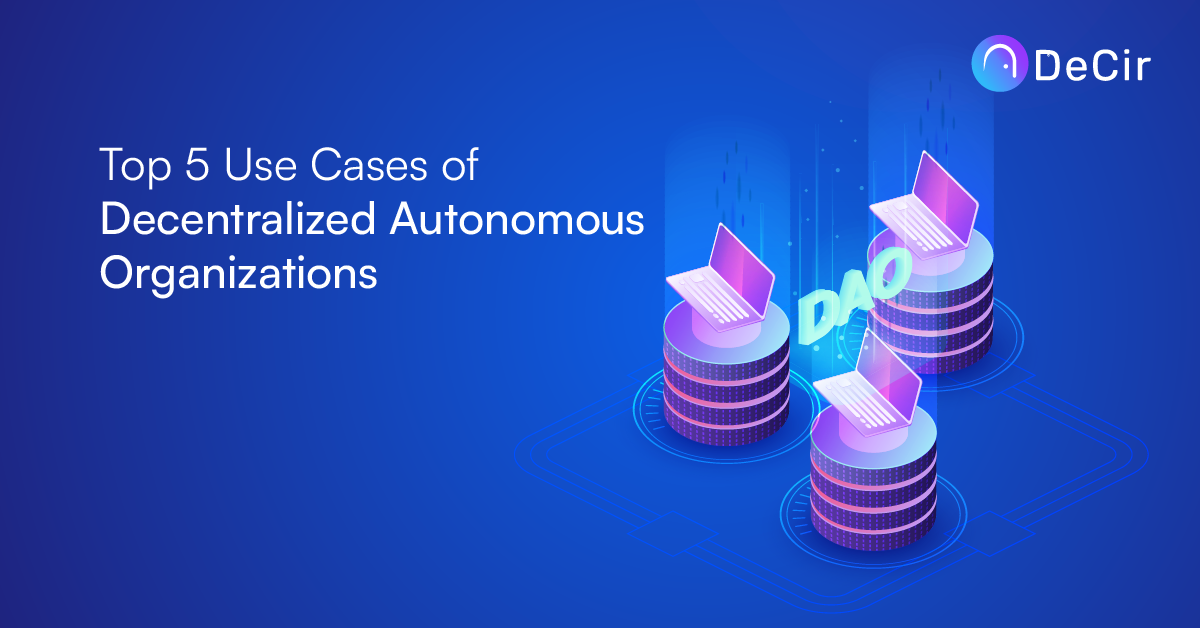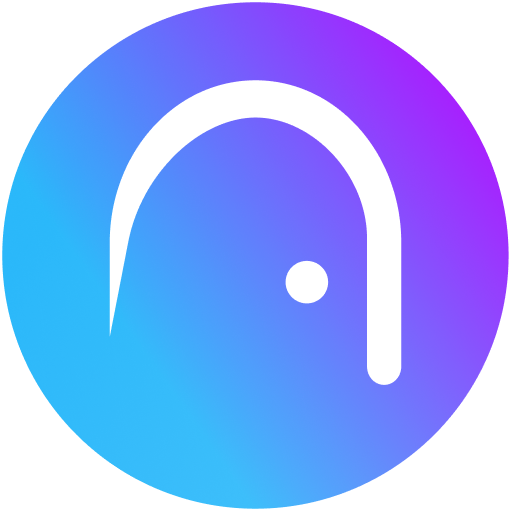Decentralized autonomous organization, or DAO, is one of the concepts that have grown in adoption in Web3. DAOs introduce a new model of organizational governance where all members are equal, and they can all participate in the decision-making process. Members of a DAO often come together for different reasons. In this article, we explain the top 5 use cases of decentralized autonomous organizations.
TL;DR
- DAOs are often created to serve different purposes. This purpose often serves as a focal point for community members.
- DAOs can be created for purposes such as investment, NFT, charity, and more. They often serve the interests of their members.
- Decentralized organizations are largely conceived to be the future of organizational interactions.
Investment DAO
Investment DAOs are quite rampant in Web3. Essentially, these DAOs can be equated to investment companies. On this basis, investment DAOs often help their members invest in potentially viable Web3 projects.
Investment DAOs often approach Web3 investment in two ways. First, they seek investment opportunities by scouting promising startup projects. This could be in NFT, DeFi, metaverse, or any other aspect of Web3. Investment DAOs then invest on behalf of their members.
They do this by informing members of such opportunities and encouraging them to invest using the DAO’s native token. The total funds raised are then invested in such projects. Returns are often shared based on the individual investment.
Examples of investment DAOs in Web3 include DAOventures and DAO VC.
NFT DAO
The primary function of NFT DAOs is to inspire the creative instinct of members. This could be through community collaborations or NFT investment.
Oftentimes, NFT DAOs provide their members with the tools needed to launch successful NFT projects. They also help members with strategy development and online awareness. It is also common for NFT DAOs to hold collections of valuable NFT art.
FlamingoDAO is one such example of an NFT DAO. The DAO currently holds expensive NFTs such as Autoglyph, Cryptopunk, Bored Apes, and many more.
Also read: How Global Insurance can adopt NFT
Charity DAO
There is perhaps no better way to implement a DAO than for charity causes. Charity DAOs are often created to tackle specific social issues. Charity DAOs operate like charity non-governmental organizations. They are usually created to raise awareness and conduct outreach to communities based on the issues they set out to solve.
Charity DAOs could set out to tackle social issues such as poverty, education, healthcare, climate, and more. Community members often contribute to the DAO and solicit support from the public.
Notable examples of charity DAOs include VitaDAO, DreamDAO, and ClimateDAO.
Physical/Traditional Assets
This category of DAO use case closely correlates to investment DAOs. However, we have made the separation due to the focus and use cases of each DAO category. DAOs can also exist to help users invest in traditional assets.
DAOs in this category are known to help members invest in assets such as bonds, stocks, and real estate properties. Returns are then shared based on the input of each member to the overall investment.
A few investment DAOs also give their members the option to venture into traditional assets. DAOventures is one such project.
Interesting to read: Explaining DeCir’s multi-market listing tool
Governance DAO
Governance DAOs often exist to oversee the operation and decision-making process of Web3 projects. Governance DAOscan be seen as the body that jointly decides the course and direction of a web3 project.
Typically, governance DAOs can be likened to the board of directors who jointly decide on the future of traditional organizations. In this setting, all token-bearing members of a DAO can contribute to decision-making. This could be through raising proposals or voting on existing proposals.
Examples of governance DAOs in Web3 include CurveDAO and Uniswap DAO Central.
Conclusion
DAOs can be created to serve different purposes. As long as community members can unite toward a course, DAOs can function as decentralized decision-making entities on the blockchain.


